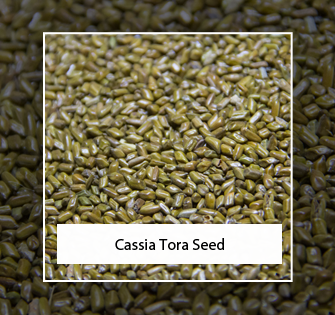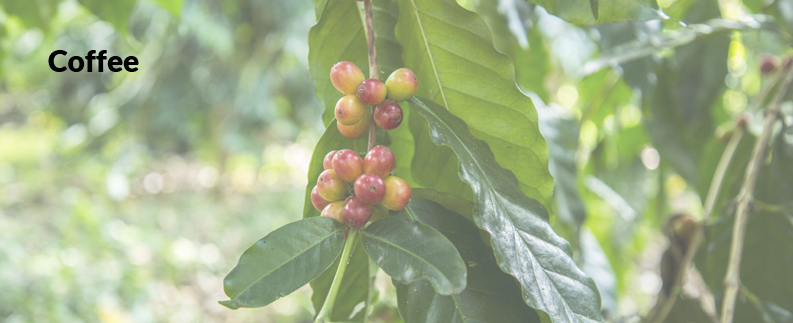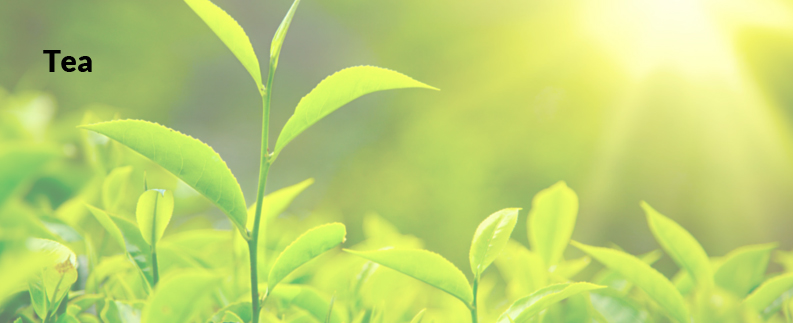All About Cassia Tora Seeds
Avlast Hydrocolloids is a leading manufacturer, exporter, and supplier of premium-quality Cassia Tora Seeds, catering to domestic and global markets.
Cassia Tora plant belongs to the wild crop variety and it is from the Caesalpinaceae family and is named from its genus, Cassia. They are hard and small seeds and the plant widely grows in India in June or July, post-monsoons. The downtrodden then collect the cassia seeds from the forests in November and December. The Cassia plant grows in the Indian tropical regions and the bulk of it is seen in the regions of Madhya Pradesh, Chhattisgarh, Uttar Pradesh, and also some parts of Gujarat and Maharashtra.
The nature of this seed is bitter, salty, and slightly cold. They possess a lot of medicinal value, and the seeds are processed through a machine cleaning process and give a shiny appearance after the processing is done.
The Cassia Tora Seed is an ancient valued Chinese herb and popularly called Jue Ming Zi in Chinese. The ripened seeds of sickle pods is most suitable for body cooling.
Uses of Cassia Tora Seeds
All the parts of the plant have healing properties and can cure various ailments. Different parts, including seeds, leaves, and roots are highly beneficial in doing the same.
This seed is recognized by Ayurveda as a great laxative, ophthalmic, anthelmintic, and expectorant. Its main constituents include derivatives of rhein anthraquinone, emodin, chrysophanol, and fixed oil. They have a quality that helps loosen bowels and relieve constipation and are used in the form of an aperient and purgative.
Chakvad leaves are traditionally very popular as a potherb. The Cassia Tora has Chrysophanic acid-9-anthrone and when used in combination with the self-healing Cape jasmine fruit and Spica Prunellae are remedies for conjunctivitis and inflammation. The photophobia and intolerance to light are cured and heals the membrane in the inner area of eyelids and the front part of the eye ball. It solves the root problem of excess fire in the liver which causes this problem.
It is also frequently used for blurred vision with Semen Astragali Complanati or milk vetch seed which occurs due to the deficiency of yin in kidneys and liver. The decoction of sickle senna seed when used as syrup and tablets becomes most useful in a condition of excessive lipids or fats present in the blood known as hyperlipemia.
Modern researchers also highlight that the fresh seeds in the plant contains aurantio-obtusin, vitamin A and chrysophanol. The Cassia seed mix in water can restrain derma-tomyces, while the alcohol content in it is known for harmful micro-organisms growth such as typhoid, staphylococcus, bacillus coli, paratyphoid bacillus & bacillus diphtheriae.
Important Specifications of Cassia Tora Seeds
| Botanical Name | Cassia Tora, Cassia Obtusifolia |
|---|---|
| Local Name | Cassia, Chakunda, Tora, Sickle Pod, Coffee Pod, Sickle Senna, Chakvad, Foetid Cassia, Tovara, Puwad |
| Colour | Light Brown ( Similar to Coffee ) |
| Size | 0.3 to 0.4 cm. |
| Ash Content | 5 % Maximum |
| Heavy Metal | - |
| Iron | 50 ppm Maximum |
| Arsenic | Nill |
| E-Coli | Absent |
| Packing | 50 kg. Bag packing |
| Family Name | Caesalpinaceae |
| Other Names | Latin Semen Cassiae, Cassia Seeds, Cassia Tora, Jue Ming Zi, Cassia Semen |
| English Names | The sickle senna, Foetid cassia, and wild senna. |
| In India | It is also known by different names in all different languages of India. It is named as below:
|
Cassia Tora Seeds Packaging
- As one of the leading Cassia Tora Seeds supplier the 50 KG quantities come in strong HDPE with an inside liner.
Application of Cassia Seeds
- The fruit has excellent capability to cool down the body.
- It is used as a coffee substitute when the Cassia Tora Seeds are roasted and ground.
- The Cassia Tora Seed serves as an eyesight booster.
- Cassia Tora can help neutralize heat from the liver and improving vision. It has the added advantage of the moisturizing intestine and easing the bowels.
- It aids in weight loss and its root is used in snakebite.
- The dried and fresh leaves of the plant are famous in Northern Nigeria for the treatment of ulcers, ringworm, and other parasitic skin diseases.
- Since the dehydrated seed of the Cassia plant has good protein content it is used as a full protein feed for livestock and birds.
- It is also used as fodder for animals and as a feed ingredient for carps.
- The leaf extracts of the plant have shown antibacterial and antiviral activity, particularly against Newcastle disease virus and Vaccinia virus.







